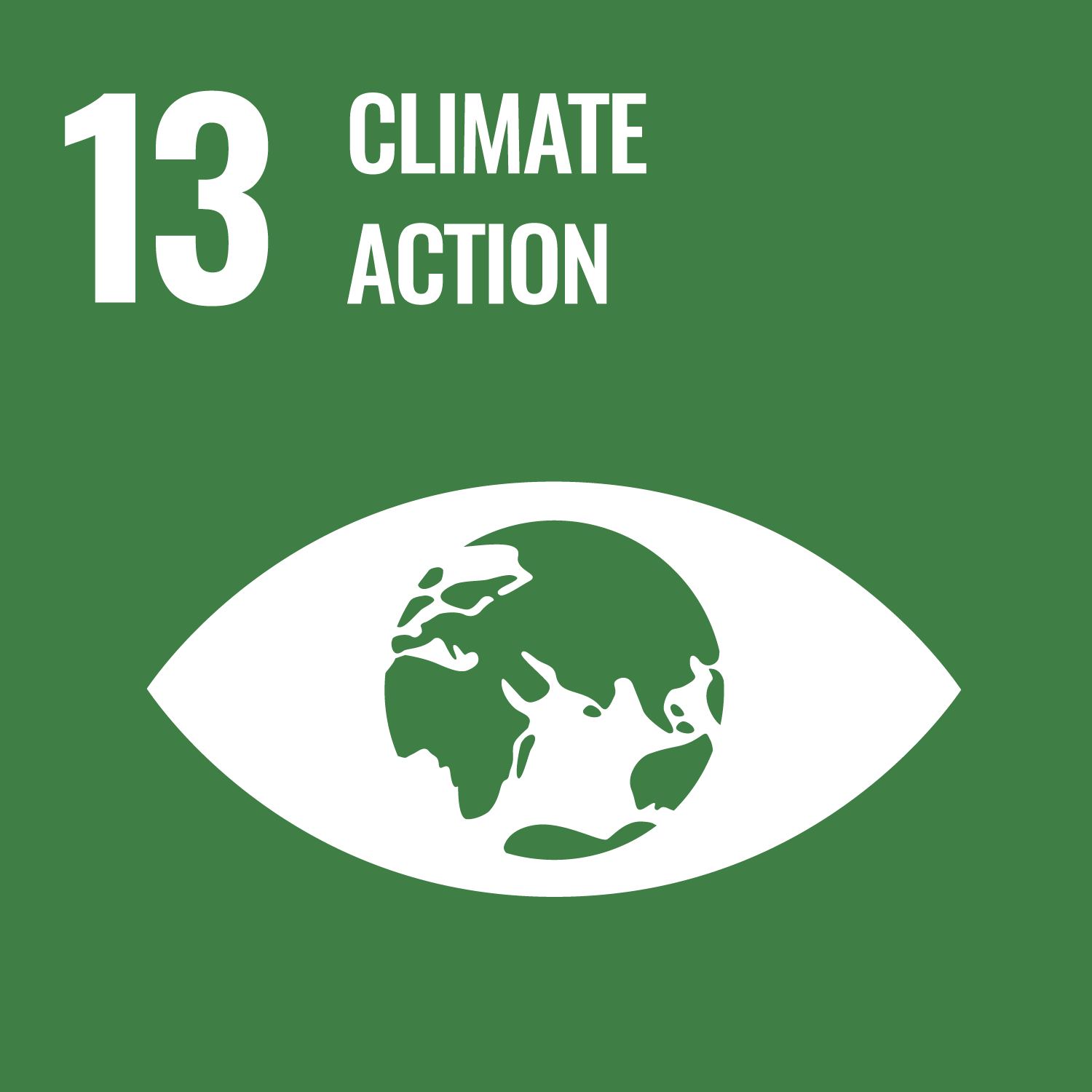ORCID
- Jason M. Hall-Spencer: 0000-0002-6915-2518
Abstract
Vermetids form reefs in sub-tropical and warm-temperate waters that protect coasts from erosion, regulate sediment transport and accumulation, serve as carbon sinks and provide habitat for other species. The gastropods that form these reefs brood encapsulated larvae; they are threatened by rapid environmental changes since their ability to disperse is very limited. We used transplant experiments along a natural CO2 gradient to assess ocean acidification effects on the reef-building gastropod Dendropoma petraeum. We found that although D. petraeum were able to reproduce and brood at elevated levels of CO2, recruitment success was adversely affected. Long-term exposure to acidified conditions predicted for the year 2100 and beyond caused shell dissolution and a significant increase in shell Mg content. Unless CO2 emissions are reduced and conservation measures taken, our results suggest these reefs are in danger of extinction within this century, with significant ecological and socioeconomic ramifications for coastal systems.
DOI Link
Publication Date
2014-02-28
Publication Title
Sci Rep
Volume
4
Acceptance Date
2014-01-20
Keywords
Animals, Carbon Dioxide, Coral Reefs, Gastropoda, Geologic Sediments, Hydrogen-Ion Concentration, Oceans and Seas, Water, Water Movements
Recommended Citation
Milazzo, M., Rodolfo-Metalpa, R., Chan, V., Fine, M., Alessi, C., Thiyagarajan, V., Hall-Spencer, J., & Chemello, R. (2014) 'Ocean acidification impairs vermetid reef recruitment.', Sci Rep, 4. Available at: 10.1038/srep04189



